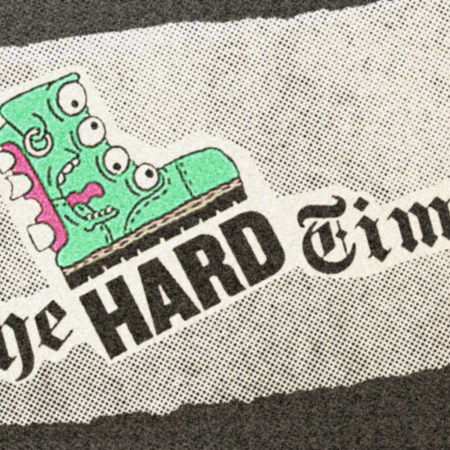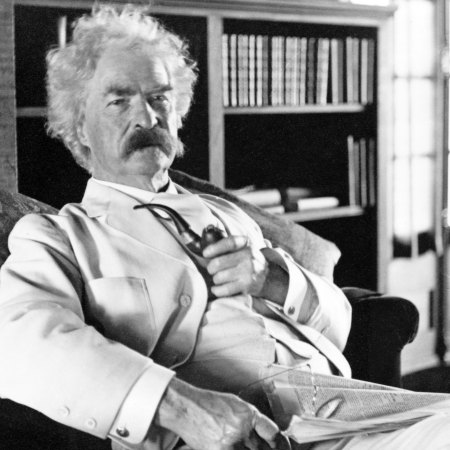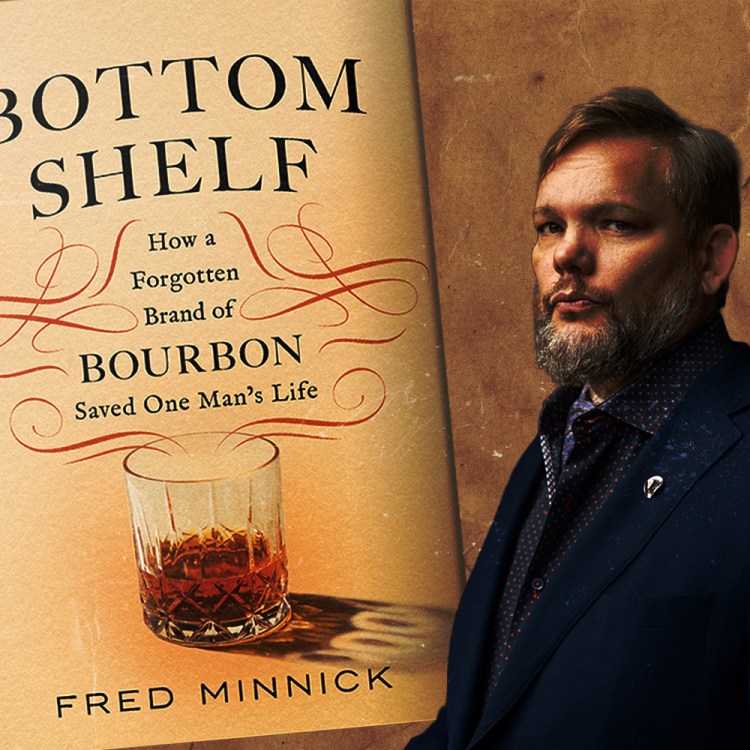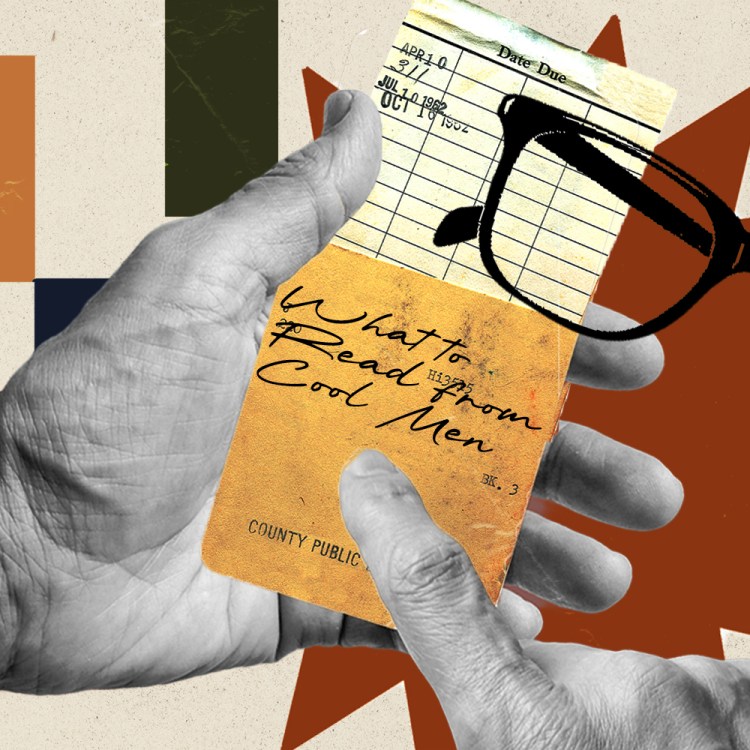Trying to describe Martin Amis’s bibliography in a single word is impossible. Amis could be insightful in one book and frustrating in the next; he could summon the bleakest of comedy or interrogate just what makes an audience laugh. In the nearly 50 years between the publication of his first novel, The Rachel Papers, and the final book to appear during his lifetime, Inside Story, Amis’s bibliography touched on a variety of themes and styles, sometimes experimenting and sometimes revisiting grand questions about life and society.
If you’ve been meaning to read Amis’s work, here are six books that offer a good overview of his style, aesthetic and themes of choice. This isn’t necessarily a list of his six best books — and my personal favorite of his books, the novel The Information, isn’t on here in part because it’s not an ideal place to start with his work. (That said, Dan Kois at Slate has a great overview of both the novel itself and the scandal surrounding its publication.)
At his best, Amis could draw in a reader like few others; at his most frustrating, his writing could feel like a betrayal of trust. Here are some highlights from a storied literary career among storied literary careers.
Money
Amis’s early novels had a penchant for the transgressive — his second novel has the hard-to-shake title of Dead Babies. Money feels like the point in his career when that penchant for shock converged with the full emergence of his skills as a storyteller. Throw in a plotline that drew on Amis’s own experiences working as a screenwriter and a gloriously metafictional turn and you have a thoroughly compelling read. Writing in The Guardian in 2015, Robert McCrum called this book “Amis’s best bid for posterity, a zeitgeist book that remains one of the dominant novels of the 1980s.”
London Fields
When I was just out of college, I found a few friends of mine who’d previously had no interest in darts were suddenly talking it up. As it turned out, that was due to them reading this novel of Amis’s, in which darts play a significant role. Amis brings in elements of the murder mystery and even the Gothic novel here, but spikes it with a thoroughly apocalyptic sensibility. Few novels have better captured the sense of living through utterly chaotic historical times with no sense of where things might end up — which makes this book one of his hardest to shake.
Experience: A Memoir
Written after the death of his father, the acclaimed writer Kingsley Amis, Experience is a kind of reckoning with his father’s legacy — both as a writer and as a father. It’s a remarkably candid book regarding Amis’s own family, and one scene in particular, in which the younger Amis questions his father about his anti-Semitism, offers a sense of this unconventional father/son dynamic. But the candor with which Amis addresses these matters also makes his own later-in-life controversies feel that much more disappointing.
Visiting Mrs. Nabokov: And Other Excursions
Like his friend and longtime literary compatriot Christopher Hitchens, Amis was often at his best when writing about other literary personages. His collections of nonfiction are all worth perusing, but this volume remains a personal favorite. His observations about the writings of Saul Bellow and J.G. Ballard are particularly insightful, and he accomplishes a rare feat: making the reader understand his own enthusiasm for the writers discussed here.
Martin Amis, Influential Writer, Dead at 73
His stylish fiction and nonfiction addressed grand moral questionsKoba the Dread: Laughter and the Twenty Million
Much of Amis’s work reckons with totalitarianism and violence, but Koba the Dread occupies a particular space in his bibliography. It represents his own reckoning with the legacies of Stalinism and the Soviet Union, as well as their more personal connections to several important people in his orbit. Reading the book on its own is one thing; reading it followed immediately by Christopher Hitchens’s review/response makes for a fascinating look at the personal and intellectual dynamic between these two men.
The Pregnant Widow
Several of Amis’s later-career books found him revisiting both his own youth and the concerns of a post-September 11 world. His novel The Pregnant Widow is both a heady trip back to the dawn of the 1970s and an attempt to reckon with questions of tradition, desire and religious devotion. (The Guardian’s review dubbed it “a flashy Decameron of the sexual revolution.”) Both nostalgic and a warning against nostalgia, this novel takes its characters to unexpected places within themselves.
This article appeared in an InsideHook newsletter. Sign up for free to get more on travel, wellness, style, drinking, and culture.
























